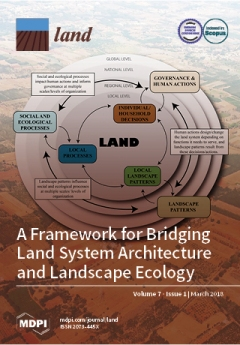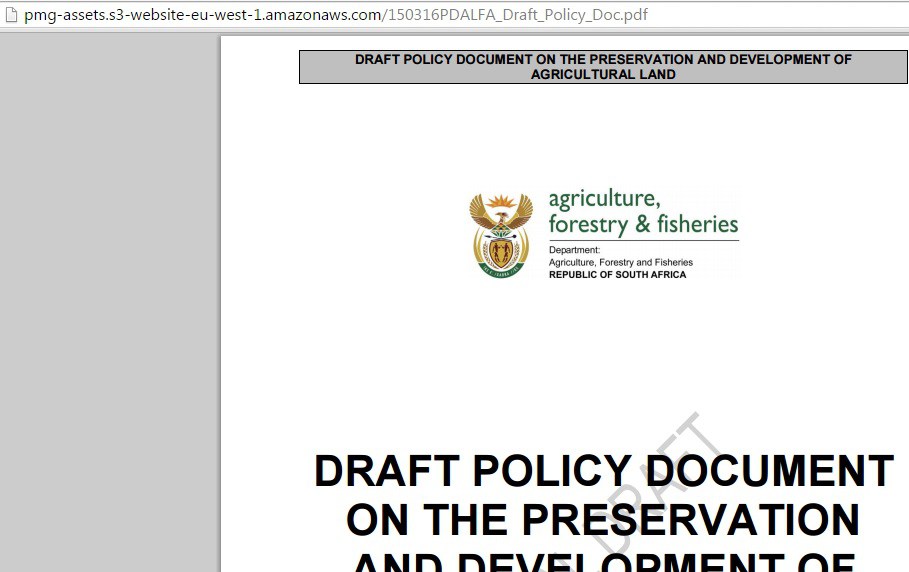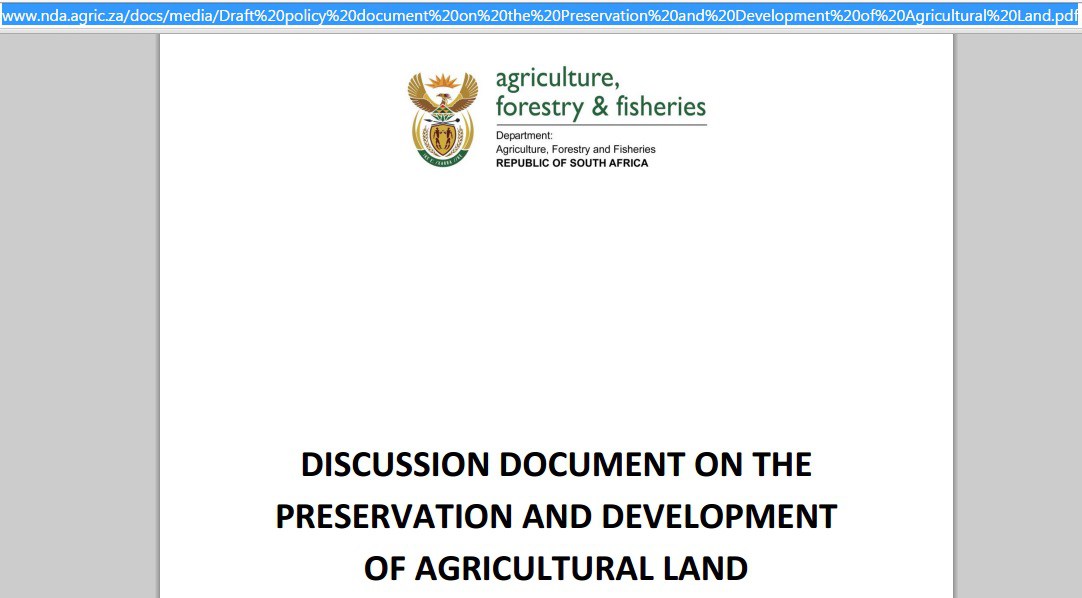System Properties Determine Food Security and Biodiversity Outcomes at Landscape Scale: A Case Study from West Flores, Indonesia
The food-biodiversity nexus is a concept that defines and characterizes the complex interactions between agricultural systems and biodiversity conservation. Here we use a social-ecological systems approach that combines fuzzy cognitive mapping and graph theoretic analyses to uncover system properties that determine food security and biodiversity outcomes at a landscape scale. We studied a rice-based agricultural landscape system situated in Mbeliling district of West Flores, Indonesia.







